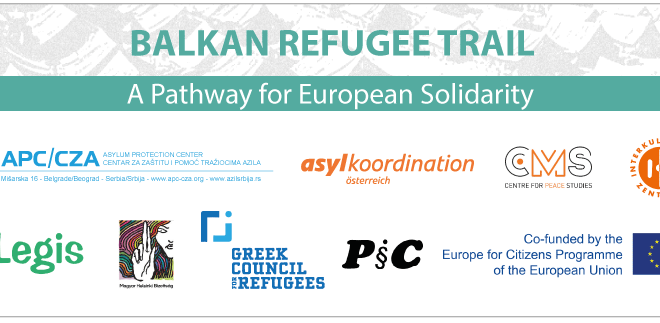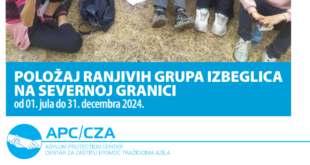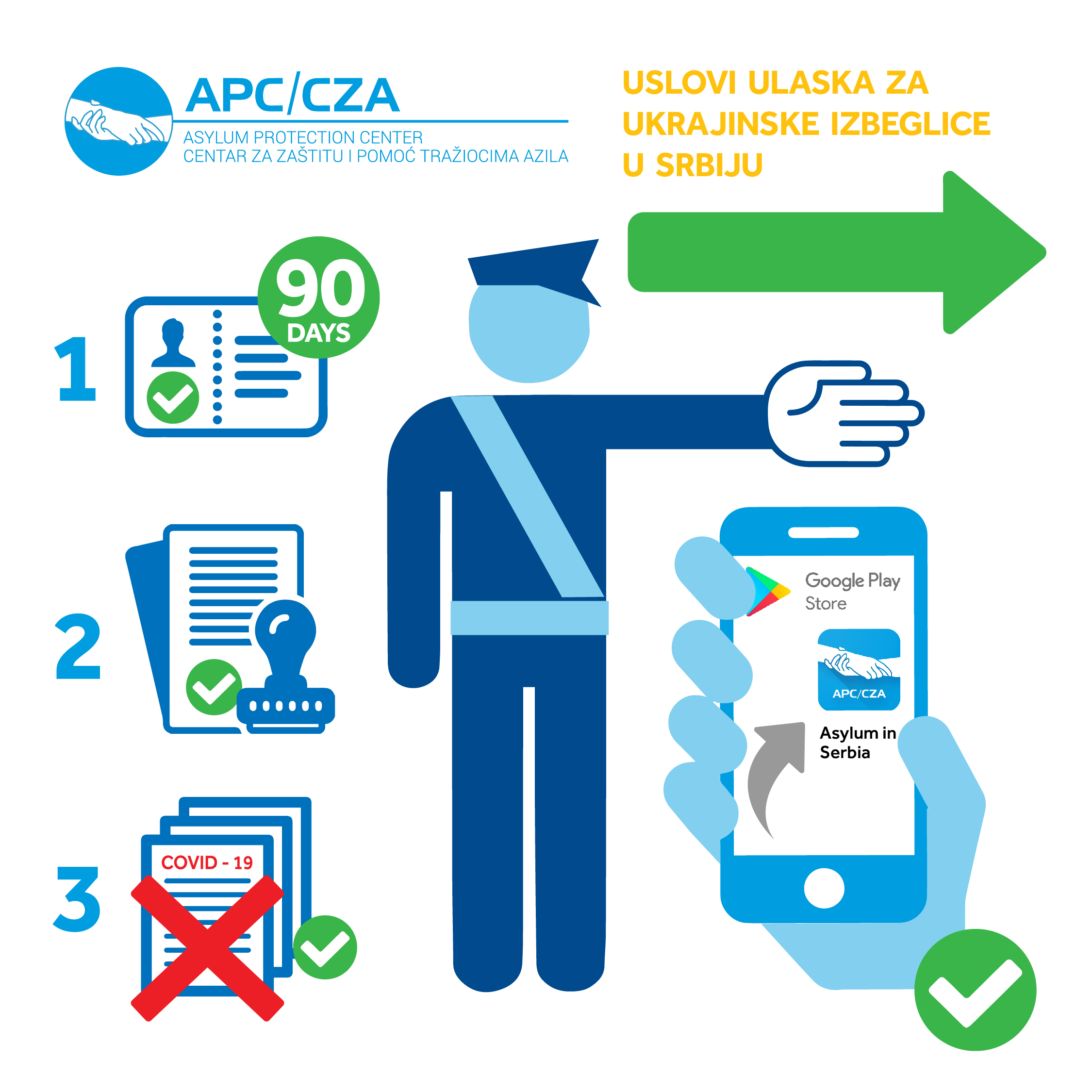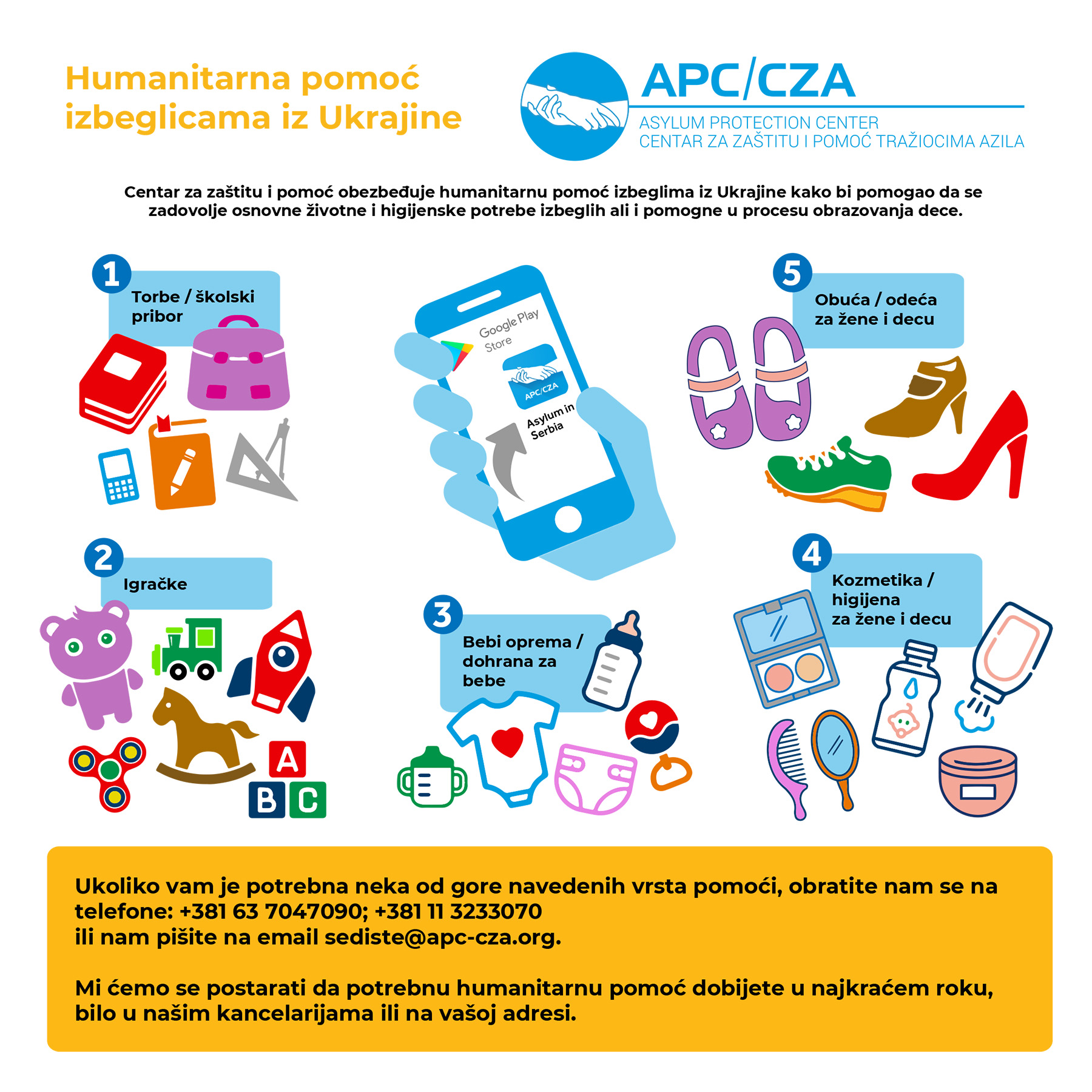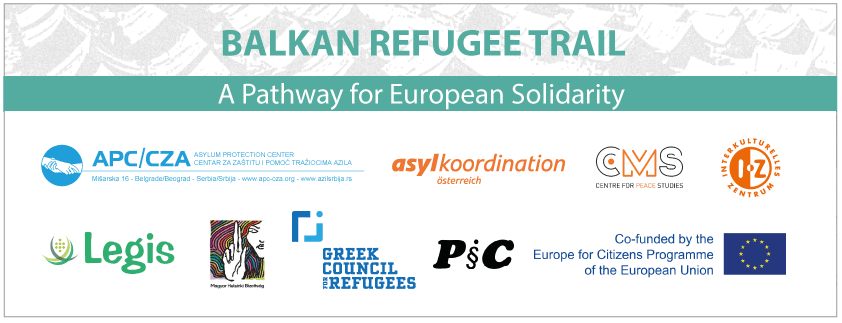
Balkan Refugee Trail – A Pathway for European Solidarity
In August 2016, the lead partners InterkulturellesZentrum and AsylkoordinationÖsterreichfrom Austria along with Asylum Protection Center from Serbia, Center for Peace Studies from Croatia,Legis from Macedonia, Greek Council for Refugees from Greece, Legal-informational center for nongovernmental organizations (PIC) from Slovenia, and Hungarian Helsinki Committee from Hungary – have launched the project „Balkan Refugee Trail – A Pathway for European Solidarity.“ The project was funded by the European Union Europe for Citizens Programme and ran until the end of December 2017.
Background
In 2015, the Balkan route, along with the Mediterranean routes, became the focal point of the refugee movement, especially from the Middle East. More than 850,000 refugees have set off to reach Hungary, Croatia, Slovenia, Austria or Germany via the Balkan states of Macedonia and Serbia, depending on the border policy of the respective states. This massive refugee movement, the so-called „refugee crisis“, had a significant impact on the domestic policies of many European states and on the EU as a whole: nationalist forces were strengthening and at the same time the impression of increasingly overburdened politics was emerging. New areas of tension have formed in the relations between the EU states, and existing ones have again come to the fore.
Without the spontaneous support of large sections of civil society – NGOs, initiatives and volunteers – in all countries along the Balkan route and the receiving countries, this situation would have been difficult to master. In many of these countries, civil society engagement has become a form of active solidarity, while solidarity and supportive cooperation has been lacking at EU member state level.
The aim of the project was to use these experiences at the level of civil society and to contribute to the formation of European solidarity that meets the current social challenges, seeks cooperative solutions and puts Europe’s common future at the center of its efforts.
Central issues of the project were:
How can national and cross-border solidarity experiences at civil society level contribute to the emergence of European solidarity?
How can such solidarity strengthen potential of democracy/policy in our societies and at a pan-European level?
What support does civil society need in order to maintain and expand engagement in this context?
Project activities:
Networking and country research in all seven project partner countries (Hungary, Macedonia, Serbia, Croatia, Slovenia, Greece and Austria);
Conferencesto bring together the results of each country work, to discuss a concept of „European solidarity“ and to coordinate the planning and implementation of joint local activities in the respective partner countries;
Implementation of jointly planned local activities in all local partners’ countries;
Joint project conclusion (Symposium) in Vienna to discuss project results together with relevant stakeholders and civil society and subsequent dissemination of these results.
Useful links:
– Europe for citizens programme – https://eacea.ec.europa.eu/europe-for-citizens_en
– EU Delegation in Serbia – http://europa.rs/
– Asylum Protection Center/Centar za zaštituipomoćtražiocimaazila APC/CZA – http://www.azilsrbija.rs
– News about the project activities:
- http://www.apc-cza.org/en/component/content/article/8-vesti/1142-what-holds-the-future-for-europe-s-migration-and-asylum-sharing-best-knowledge-and-eu-practice-on-integration-of-migrants-and-existing-challenges-in-balkan-countries-through-italian-and-austrian-models-and-best-practices.html
- http://www.apc-cza.org/en/component/content/article/8-vesti/1220-skup-u-becu-izbeglicka-ruta-preko-balkana-i-dalje-funkcionise.html
- http://www.apc-cza.org/en/component/content/article/8-vesti/1261-panel-diskusija-solidarnost-kao-funkcionalna-sila-demokratije.html
- http://www.apc-cza.org/en/component/content/article/8-vesti/1239-apc-na-medunarodnoj-konferenciji-u-becu-pod-nazivom-balkanska-izbeglicka-ruta-put-ka-evropskoj-solidarnosti.html
 AzilSrbija Centar za zaštitu i pomoć tražiocima azila
AzilSrbija Centar za zaštitu i pomoć tražiocima azila

